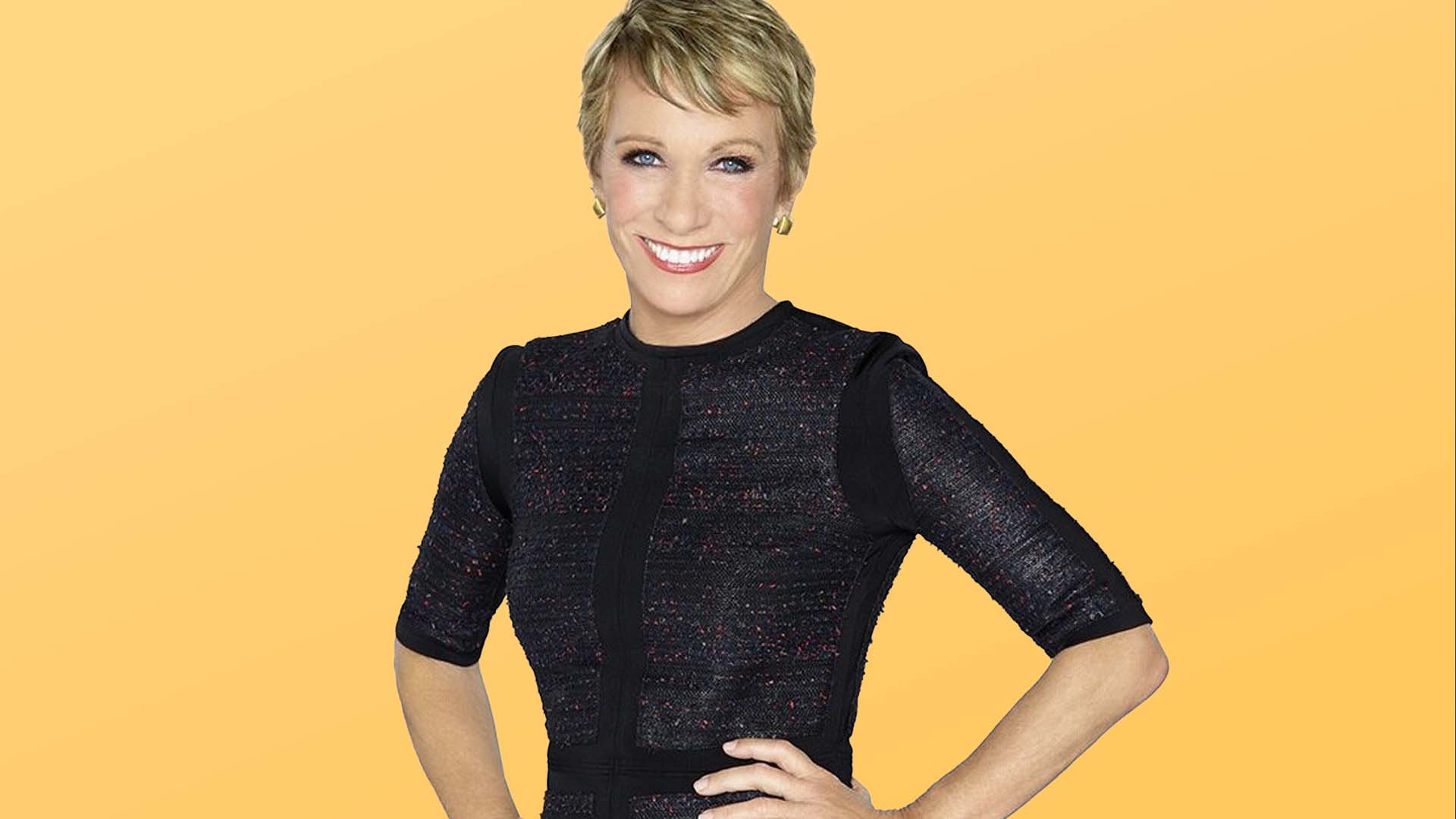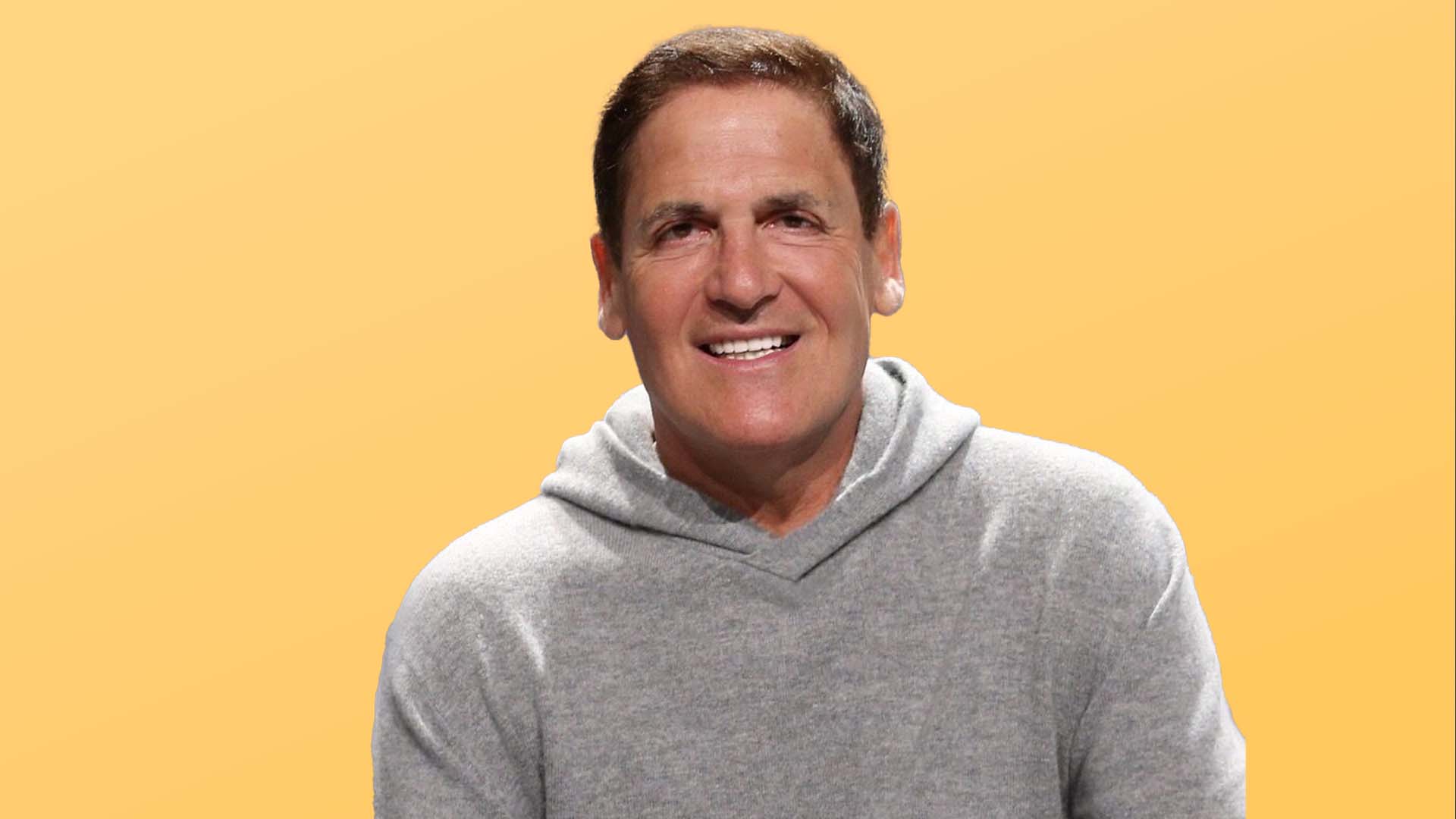3 Middle-Class Money Habits Keeping You From Getting Rich

Commitment to Our Readers
GOBankingRates' editorial team is committed to bringing you unbiased reviews and information. We use data-driven methodologies to evaluate financial products and services - our reviews and ratings are not influenced by advertisers. You can read more about our editorial guidelines and our products and services review methodology.

20 Years
Helping You Live Richer

Reviewed
by Experts

Trusted by
Millions of Readers
You’re making the right moves with your money — or so you think. You’ve worked hard to earn a solid, middle-class income. You prioritize saving. Budgeting has become a habit. You don’t splurge often. Yet you’re not building wealth the way you want to. You face a financial conundrum: Which habits should you change to stop being stuck and start getting rich?
As the host of “Money Rehab” and the best-selling author of books like “Miss Independent” and “The Money School,” Nicole Lapin is acutely aware that many habits middle-class people think are keeping them secure are actually keeping them from becoming wealthy.
Lapin sat down with GOBankingRates as part of our Top 100 Money Experts series to talk about how to identify and change these habits to build sustainable wealth. Fortunately, it’s easier than you might think.
1. You Mistake Saving Money for Building Wealth
To Lapin, one significant — albeit well-intentioned — error that many middle-class people make is confusing saving money with creating wealth.
“Keeping too much cash parked in a low-yield account feels prudent, but inflation erodes its value every year,” she said. “Over a decade, that ‘safe’ money quietly loses real buying power.”
She issues a clear warning for anyone who thinks saving money — even a lot of money — is enough: “Ultimately, you can’t save or budget your way into wealth,” she said.
2. You Succumb to Lifestyle Inflation
The other common trap Lapin sees middle-class earners falling into is lifestyle inflation. Picture it: You get a raise or a bonus at work, so you decide to treat yourself. Only instead of a small victory splurge, you start taking on added costs through flashy upgrades to your home or car, or a new penchant for shopping at the fancy grocery store.
Lapin cautions against giving your lifestyle a glow-up alongside your income.
“A bigger paycheck should create a bigger gap between what you earn and what you keep, but too often it just funds a nicer car or bigger house,” she said.
3. You’re Not Aware of the ‘Hidden Drags’
While middle-class people can carefully track their savings, sometimes they don’t pay enough attention to what Lapin calls “hidden drags” — expenses that silently erode wealth. These include high-interest debt, fees associated with bank accounts or mutual funds, and of course, all those pesky subscriptions that don’t seem like much individually but together can create a real drain on your accounts.
Recognizing Ineffective Habits Can Help You Build Better Ones
Understanding where you’re holding yourself back is the first step in moving forward. Next, Lapin wants you to investigate the actual flow of your money.
She recommends downloading three months of bank statements and scrutinizing every line, holding a magnifying glass to where every raise, bonus or windfall went. Ask yourself if that money helped you in meaningful, long-term ways — like expanding your investment accounts — or if it only went toward short-term spending.
“Measure how much of your net worth is idle cash versus invested capital,” she said. “Review debt with a cold eye: Anything charging more than you could reasonably earn investing is slowing wealth creation.”
This exercise isn’t about guilt; it’s about clarity. With a deeper knowledge of your finances, you can make small, intentional shifts that unlock growth.
Embracing Positive Habits Can Help You Create Wealth
Lapin has good news for anyone worried that changing habits will be hard. Through consistency, smart decision-making and proactive money management, you can lean into behaviors that will help you build wealth, even on a middle-class income.
- Prioritize investing: “Make investing automatic and nonnegotiable,” Lapin said. “Send money straight from each paycheck into retirement or brokerage accounts so it’s not a decision you revisit every month.”
- Use financial products that let you keep more of your money: Lapin recommends using tax-advantaged accounts like a 401(k), IRA, or HSA to keep more of your earnings working for you — and make sure you contribute enough to your 401(k) to receive any employer match.
- Focus on debt: High-interest debt should be treated like an emergency. “Every dollar of interest you stop paying is an immediate, risk-free return,” she said.
- Watch out for lifestyle inflation: Let your lifestyle lag behind any income growth. Lapin advises putting part of every raise or bonus toward saving and investing first.
- Keep investments simple and low-cost: “Broad index funds and consistent contributions outperform complex strategies most people can’t maintain,” Lapin said.
The same discipline that helped you remain middle class can help you achieve the next level of success — building significant and sustainable wealth.
“Wealth building is rarely about a single windfall or clever trade,” Lapin said. “It is the quiet accumulation that happens when you push more of your income toward ownership — of stocks, businesses or property — and let time work.”
Bottom Line
If you’re not creating the wealth you want — even with a middle-class income — you might be confusing saving for wealth-building, letting lifestyle inflation creep in, or ignoring hidden drains on your accounts. These habits didn’t appear overnight, but with patience and diligence, you can reverse them sooner than you think.
This article is part of GOBankingRates’ Top 100 Money Experts series, where we spotlight expert answers to the biggest financial questions Americans are asking. Have a question of your own? Share it on our hub — and you’ll be entered for a chance to win $500.
This article is for informational purposes only and does not constitute financial advice. Investing involves risk, including the possible loss of principal. Always consider your individual circumstances and consult with a qualified financial advisor before making investment decisions.
 Written by
Written by  Edited by
Edited by  Money Expert
Money Expert 











































































































